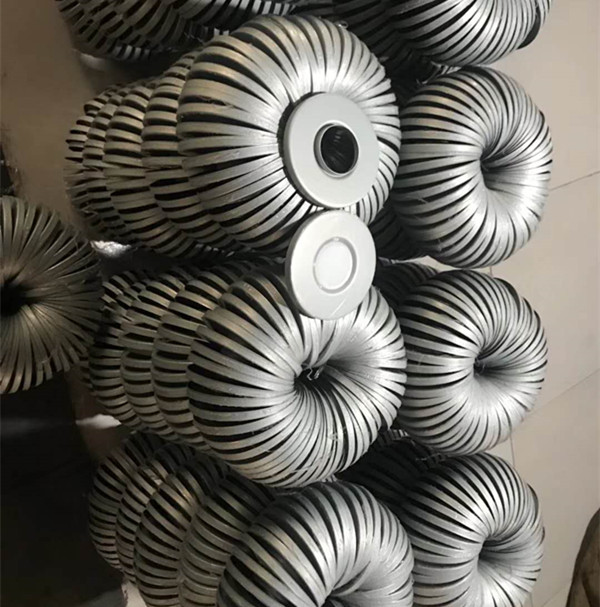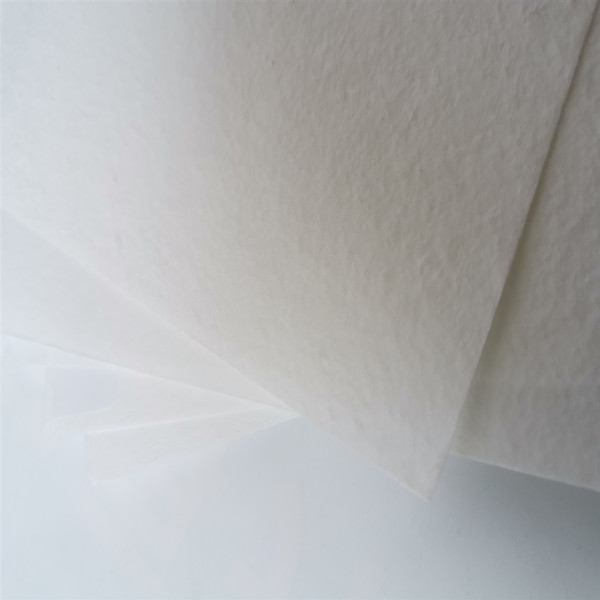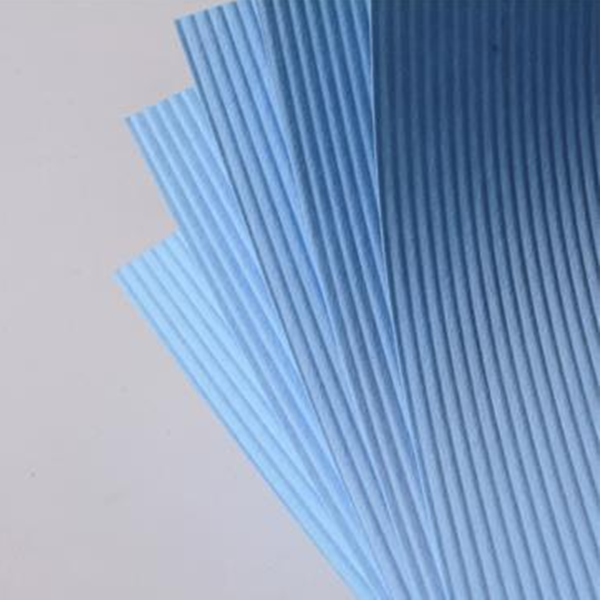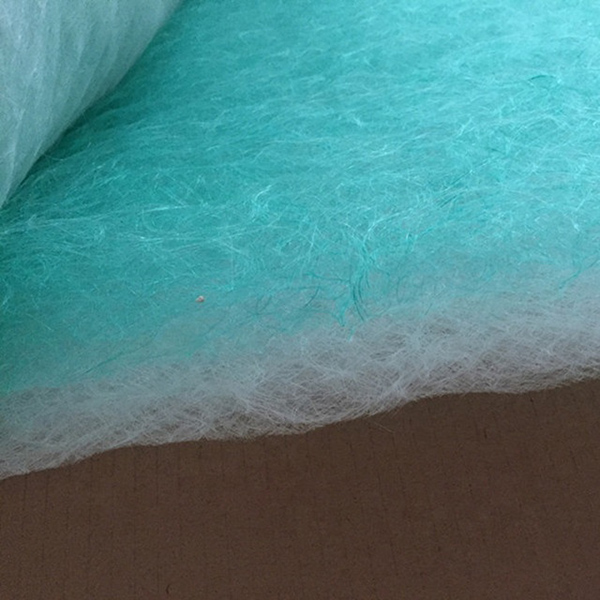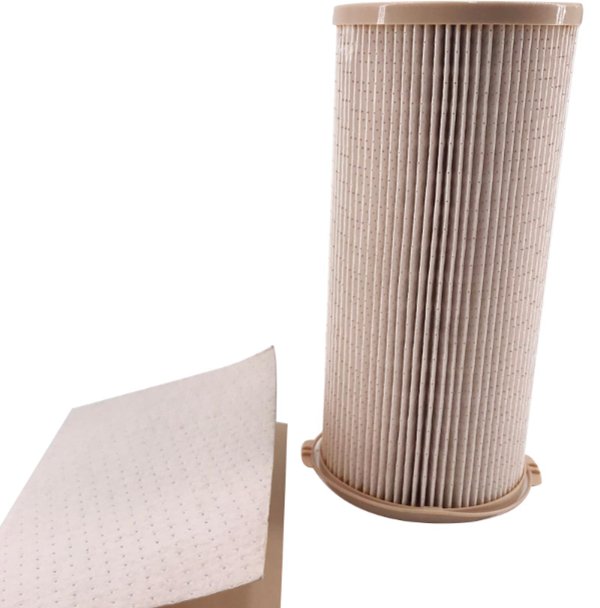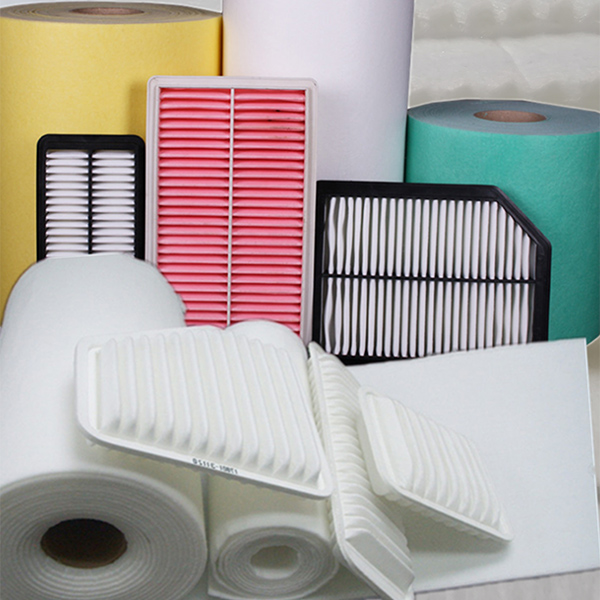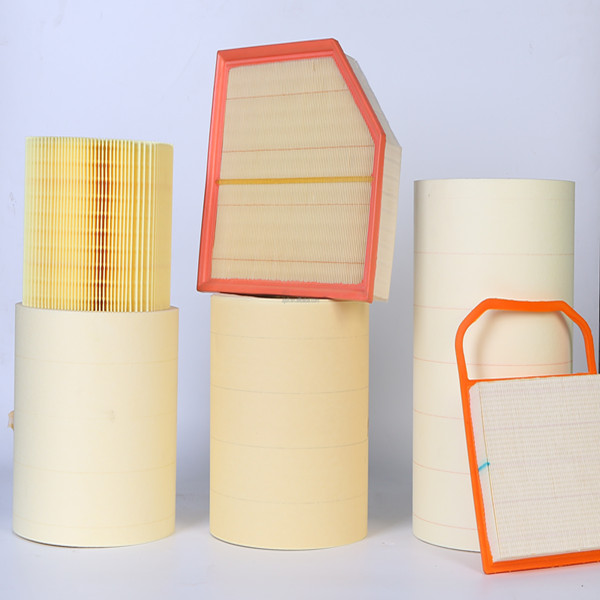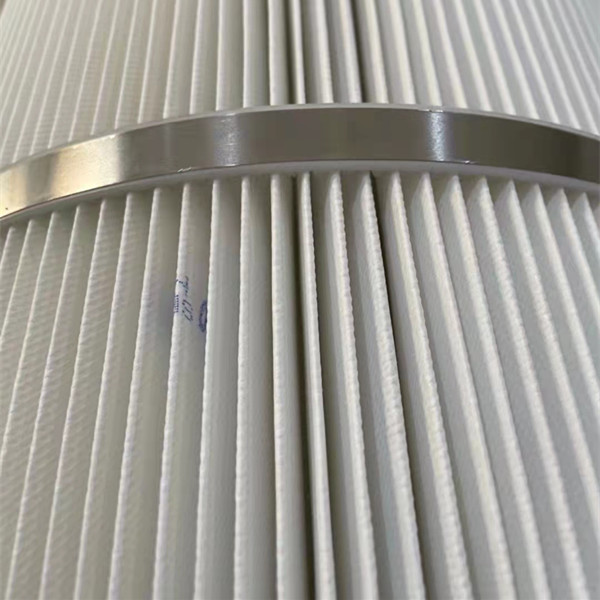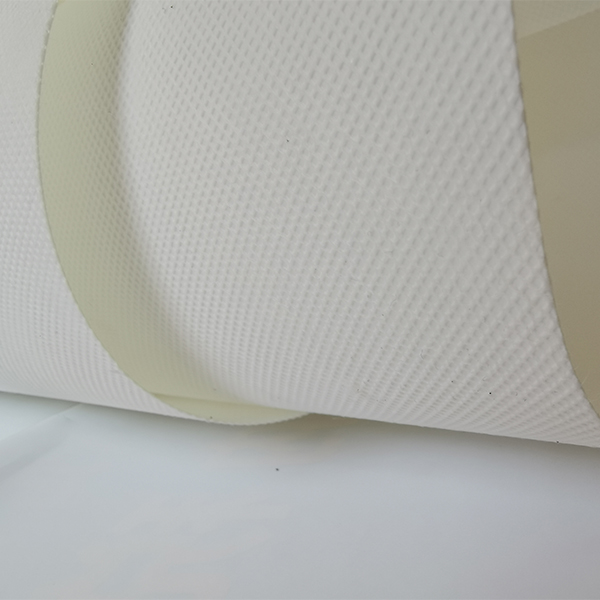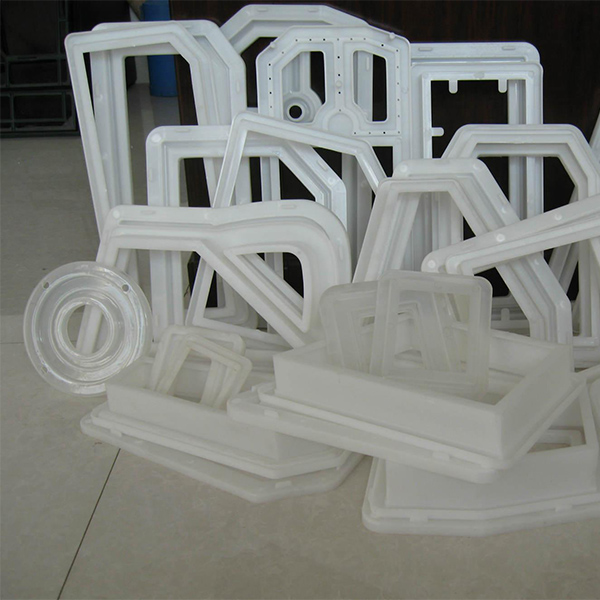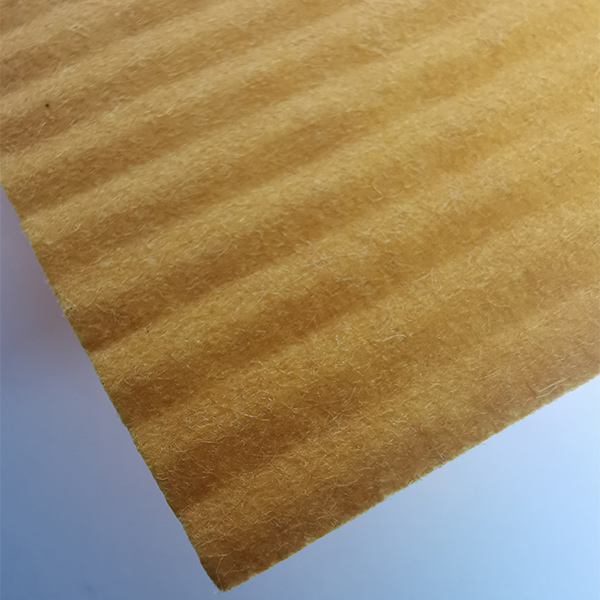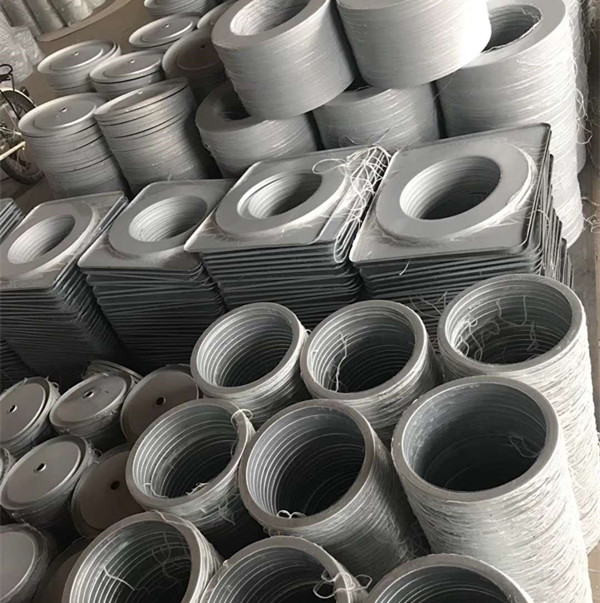Cartridge Dust Collector Filter: A Trusted Workhorse for Industrial Air Quality
Having spent more than a decade working around industrial dust collection systems, I’ve witnessed firsthand how much the humble cartridge dust collector filter shapes the landscape of air filtration. It’s one of those components you seldom notice until it’s not performing—then, well, everyone notices.
Why Cartridge Dust Collector Filters Keep Winning in Industrial Settings
In real terms, cartridges stand out because they marry efficiency with ease of maintenance. Engineers often praise them for high filtration surface area packed in a relatively compact unit, which translates to strong dust capture without bulky machinery.
Oddly enough, the industrial sector hasn’t changed this aspect much over the past 20 years, which kind of proves that the cartridge filter design got it right early on. It’s made of pleated filter media, typically polyester or other synthetic fibers, which balance durability with the ability to trap fine particulate.
From my experience, dirty factory air doesn’t just mean invisible dust; it means equipment degradation, health risks, and compliance headaches. So investing in quality cartridge filters quickly pays off.
Breaking Down Cartridge Dust Collector Filter Specifications
| Specification | Typical Values | Practical Insight |
|---|---|---|
| Filter Media | Polyester, Cellulose, PTFE Coated | Coating extends filter life with sticky dust types |
| Filter Area per Cartridge | 6 - 40 ft² (0.56 - 3.7 m²) | More area means lower pressure drop and longer intervals between cleaning |
| Operating Temp. Range | Up to 250°F (121°C), higher with specialty media | Essential for furnaces, foundries, and other high-temp setups |
| Pulse Cleaning Compatibility | Yes (most models) | Pulse-jet cleaning keeps filters effective and reduces downtime |
| Dust Holding Capacity | Up to 60-100 g/L | Depends on media density and pleat count |
One thing to remember: specs only tell part of the story. In the field, things like dust type, humidity, and operational cycles often have more influence than you’d expect.
Choosing the Right Vendor for Cartridge Dust Collector Filter Needs
Years ago, I worked with three different filter vendors during a plant upgrade. Each vendor pitched their filters confidently, but the differences became clear only after installation and weeks of operation.
| Vendor | Filter Material Options | Lead Time | Price Range | Customer Service | Real-World Durability |
|---|---|---|---|---|---|
| FilterCo | Standard Polyester & PTFE | 2-3 weeks | Mid-range | Responsive & knowledgeable | Solid; filters lasted ~12 months |
| DustTech Solutions | Wide range incl. fiberglass blends | 1-2 weeks | Premium | Excellent, flexible | Exceptional; filters exceeded 18 months |
| EcoFilters Inc. | Recycled materials blends | 3-4 weeks | Budget-friendly | Okay; sometimes slow responses | Adequate for low-demand uses |
The takeaway? It’s rarely just about the price. DustTech Solutions’ premium filters might give you longer filter cycles and fewer plant stoppages, which paints a different ROI picture. On the other hand, budget options could serve smaller operations just fine.
Final Thoughts on Cartridge Dust Collector Filters
In the dusty, noisy realm of industrial manufacturing, cartridge dust collector filters quietly do their job, keeping air breathable and equipment humming along. They’re simple, easily swapped, and often customizable to your plant’s unique needs. Plus, the pulse-jet cleanable designs have reduced manual labor more than once in my experience.
When selecting one, consider not just the specs on paper, but also your operational specifics — the dust type, heat levels, and pressure requirements. And don’t underestimate the value of a vendor relationship that’s trustworthy and quick to respond; you never know when an emergency replacement might be needed.
Honestly, it’s the kind of piece of equipment that feels small until it’s gone—then you realize its value instantly.
References & Anecdotes
- Long-term field trials with cartridge filters in steel manufacturing plants, 2015-2020
- Technical data sheets from multiple industrial filter media manufacturers
- Discussions with colleagues in air pollution control engineering
Post time: Nov-14-2025


